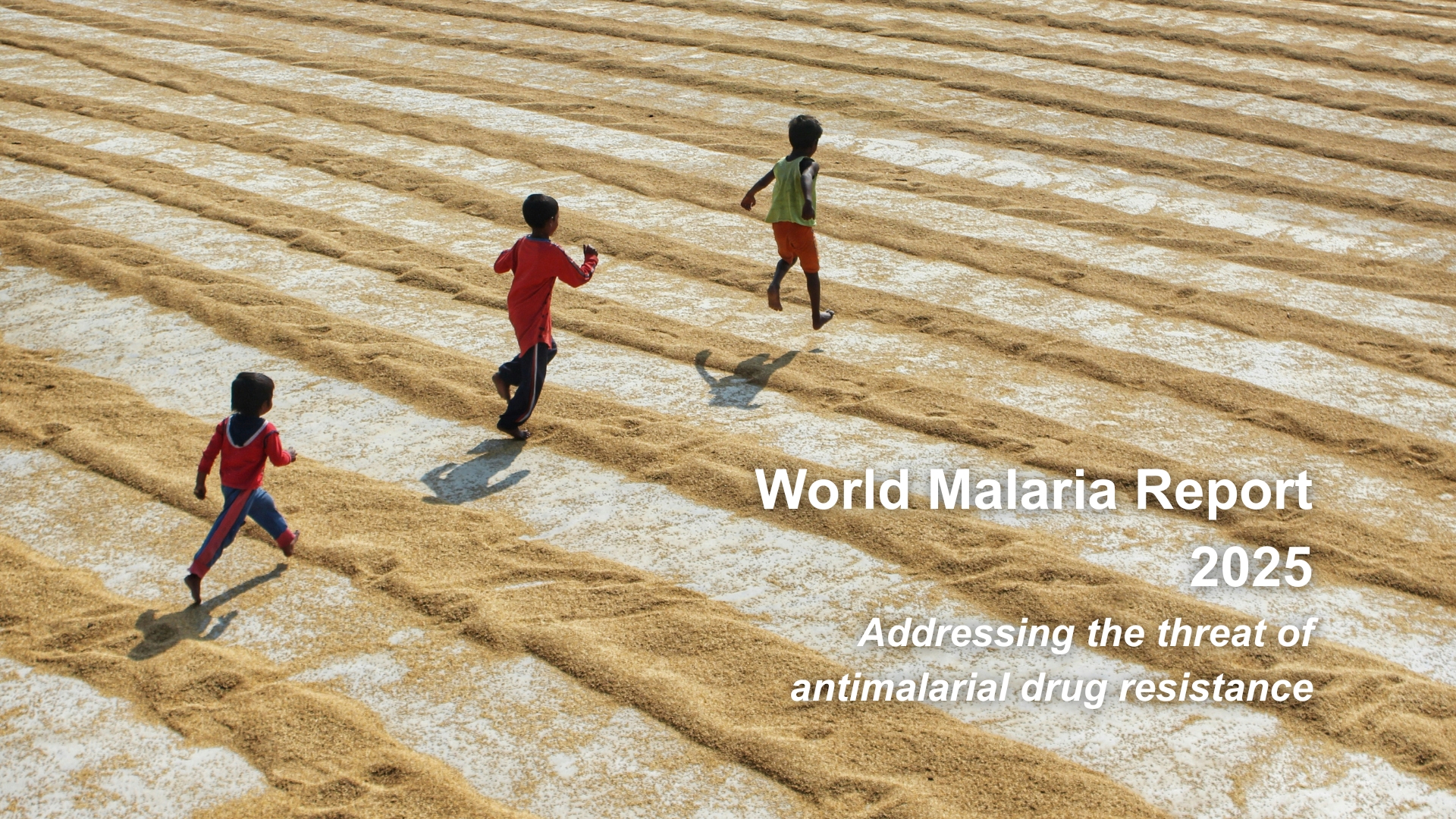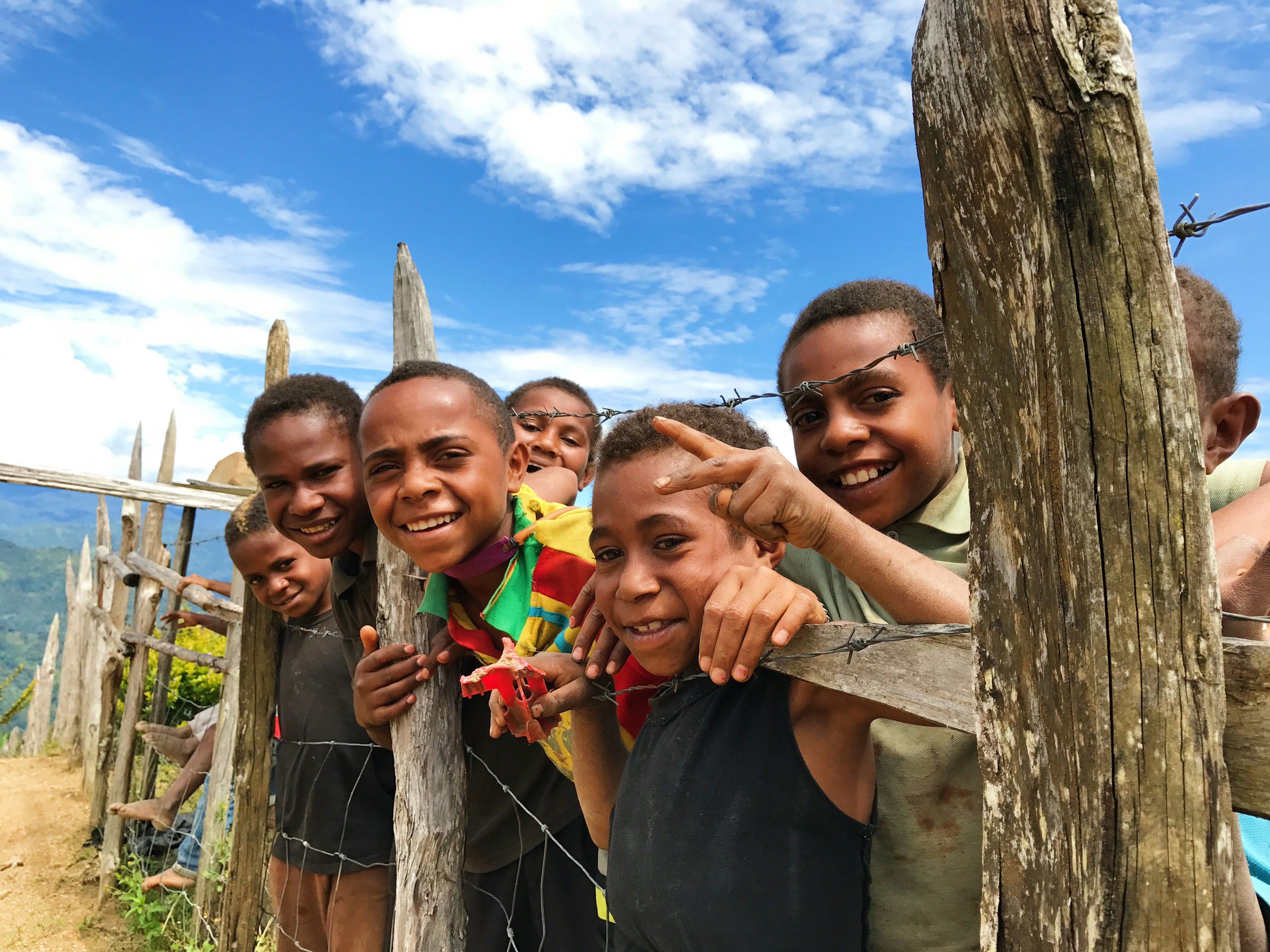
Governor Juffa Calls for Action at Asia Pacific Malaria Summit
At the Provincial Leaders’ Forum during the 8th Asia Pacific Leaders' Summit on Malaria Elimination in Port Moresby, Governor Gary Juffa of Oro Province, Papua New Guinea, reaffirmed his steadfast commitment to eliminating malaria. His keynote speech highlighted the essential need for collaboration among government officials, health organizations, and local communities to address this significant challenge.
Drawing from his personal struggle with malaria, Governor Juffa highlighted the major hurdles confronting Papua New Guinea's healthcare system, including underfunding, scarce resources, and poor infrastructure. He pointed out that the widespread acceptance of the disease underscores the urgent need for prompt intervention. Governor Juffa urged for more transparency, accountability, and collaboration among stakeholders to facilitate essential improvements. He stressed the significance of heightened awareness, educational programs, and strong leadership in combating malaria.
In his comprehensive strategy, Governor Juffa proposed integrating malaria prevention information into radio and social media programs, reviewing and cracking down on the illegal sale of medicines, and continuing advocacy efforts to secure more funding for malaria elimination. He also emphasized the need for a provincial health system model that promotes collaboration through effective boards, management teams, and multi-stakeholder cooperation.
Governor Juffa delivered an influential speech that deeply resonated with the audience, fostering a tone of collaboration and determination for the forthcoming sessions. His insightful remarks sparked substantive discussions, thereby significantly enhancing the overall success of the forum.

Read the full speech below:
Good afternoon!
Friends of Papua New Guinea and Papua New Guineans,
Firstly, I would like to acknowledge the custodians of the land on which we stand, the people of Central Province, the people of Motu Koitabu; if it were not for them, we wouldn't be here. So, an acknowledgement to their hard work and being custodians of this part of Papua New Guinea.
I'd like to welcome all our guests who have travelled into Papua New Guinea from various parts of the region or the world. Welcome to Papua New Guinea. It's a very unique country we call home; land of a thousand tribes, 830 languages, 7% of the world's biodiversity and many other intriguing aspects that we are proud of. I'd like to thank the organizers who made the effort to organize this very important forum, and I thank the sponsors. And I also would like to acknowledge the work of friends of Papua New Guinea, such as Dr Das and his partner, his wife, who have been contributing significantly to Papua New Guinea, and my dear friend, Lady Roslyn, who has spent most of her life here contributing so much to Papua New Guinea, we’re very proud of you, very proud of you.
At this juncture, I want to take my hat off to Dr Lino, who is a true champion in terms of working tirelessly to basically get our health systems fixed and moving and functioning as it ought to. Dr Lino is a very hardworking Member of Parliament, he is a great leader. I acknowledge that publicly, he is also a dear friend of mine.
Some time ago, I was part of the parliamentary Public Accounts Committee, a Committee of the Parliament of Papua New Guinea and we carried out an inquiry into the National Department of Health, and the systems of health and what could be done to improve. That was a few years ago, and we made some recommendations that are being implemented, but very slowly, unfortunately. You can hear this with the disappointment in the voice of Dr Lino. We keep fighting, we keep struggling to get this through. But it's, it's a challenge, I can tell you in the political environment of a nation.
It's ironic that I'm here at this malaria forum. Two days ago, I was diagnosed with malaria. I think it was a way of reminding me that I needed to be here, and it was also a very legitimate reason for me to explain to my fellow politicians that I needed to take time out to attend a very important forum such as this.
I acknowledge our health workers in Papua New Guinea, they work under very difficult circumstances, and they're so humble, they won't tell you the type of challenges they face. And I think this is also a challenge in itself, in that oftentimes, decision makers don't hear the real truth about what the situation is on the ground. Whereby we need to hear, say for instance, what I've heard here. We need to hear this type of explicit, real stories about the state of health in Papua New Guinea, for instance, how we address in malaria, what's needed. So, I acknowledge my health workers, but I would like to encourage you to speak up. Our culture is a tribal culture whereby we respect our elders, we respect folks in authority to such a degree that what's our responsibility we manage it - without having to bring it to them.
Well, I think we need to change this when it comes to issues like malaria, we need to hear - the decision makers need to hear - how bad things really are. Even if it’s to the point where you’re persistent or annoying or irritating, it doesn't matter. This is very important; the business of government is to save lives. This is where we should be putting as much of our focus and resources as can be.
I'll give you a little bit of an example from what we're doing in my province, Oro province, which is about 25 minutes by flight from Port Moresby. It’s a small province, 22,000 sq Km with 300,000 people – it’s about the size of Israel. We like to call it the land of milk and honey, Moses never made it there.
I'm very fortunate to have a great team and I commend Dr Stanley Titus here, who we engaged through a transparent process. We went through a process of engagement that we felt was the way to go. We engaged a HR company, they advertise, they streamline the applicants, and they got the best applicant. We then went through the same process to appoint a board chairman. So, we have a very good board. We have very good management in place. They've got massive challenges but having that in place gives us hope that we're moving in the right direction, and we are on a public forum where other citizens of my province, who are professionals, national agencies, private sector, we're all there together, and we highlight the issues that affect us, and we work together to address these issues.
So, I recommend that from provinces to have that side of sort of a platform so that you can work, collaborate, cooperate, and you'll find that by doing so, you will see progress. If you look at where Papua New Guinea is, that's, we've got work to do. Dr Lino would be the best to bring this to the attention of our colleagues, and we have to keep making that noise. I speak from the experience of having probably contracted every type of malaria in my country growing up in rural Papua New Guinea. And those experiences have helped shape me to think more about what we can do now - so that we can eliminate malaria.
The way to go is to have a good board, a good management team, and very good relationship with your leadership and other agencies and development partners. I'd like to say that I feel there's too little done on awareness from what I hear here, we need to do more in terms of educating our people about what malaria is about, how dangerous it is, and what they need to know, how they can live in a healthy way, so that they can prevent contracting malaria.
That type of information needs to be presented to our people, packaged in radio programs or on social media or other formats, and it's got to be consistent and continuous, so that our people are able to prevent and be part of the ‘Eliminate Malaria’ effort, and if we all do our part, all of us in our various capacities, then we can eliminate malaria.
Finally, I just wanted to make mention of a small conversation that I had with my good new friend from Solomon Islands. He said in countries, he referred to Solomon Islands, but it's a case here as well in Papua New Guinea, that malaria has become so normal that for us. Now, if we do awareness, if we package this information about all of what we're talking about here in such a way that everyone can understand this and do something, then I think we'll be certainly moving towards eliminating malaria in Papua New Guinea.
I've got malaria, and I'm standing here talking to you. In Western countries, they would be referring me to the ICU. If you go to Manu, which is a small part of Port Moresby, we have the illegal sale of drugs on the street, and if you go to a market, the children, 10 years old, will come with bags of medicine, and they'll diagnose you. They’ll say what's wrong with you. Oh, you have a fever, you need to take this. They’re making money - that's what they're doing; that's a worry.
Thank you very much for having me. I really would like to give a huge shoutout to the health workers, who are the true champions of this country, who are tirelessly working out there in the remotest parts of Papua New Guinea to ensure that our people have decent healthcare.
.svg)


.jpg)





